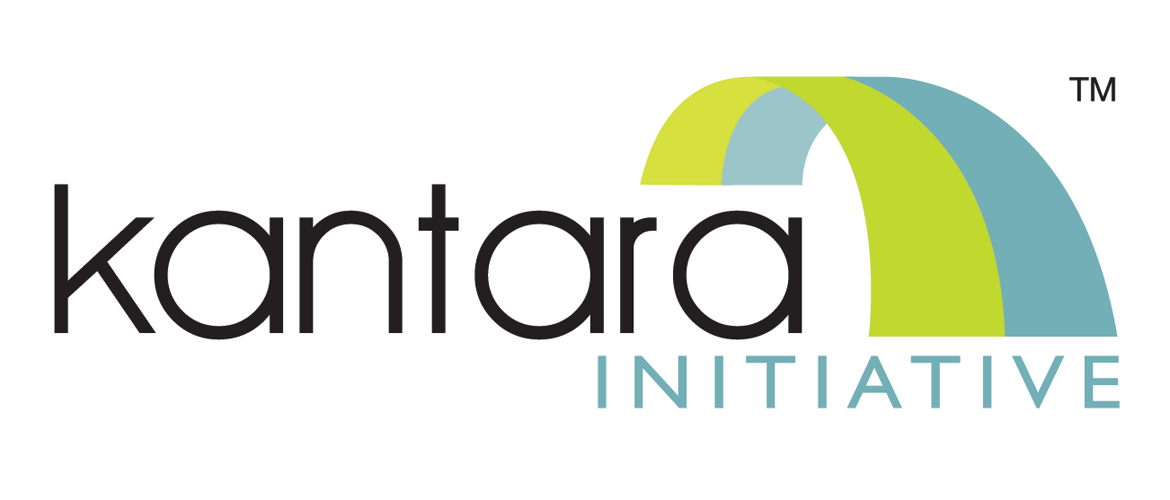Our 2023 #DEIA survey is now open! Click here to participate!
Imagine a world where public and private services and e-commerce are powered by masses of personal data and digital experiences are highly customizable and optimized for personal preferences and experience. Each experience is unique and tailored to engage users further and on and on-going basis.
To some the idea of a hyper personalized and seamlessly connected experience is quite attractive. To others this vision is frightening, particularly considering that participation in this optimized experience world may become less voluntary and more mandatory to access even the simplest of public or private sector services and benefits.
The Data Driven Economy
These concepts of seamless and personalized experiences make up a portion of the fabric of the data driven economy. Development of the data driven economy presents vast opportunities for connection between users, business, and governments. The data driven economy can bring economic growth through job generating business and entrepreneurial innovation. Data driven services can help governments to better connect their citizens to public services. This hyper connected world also introduces amplified risks with regard to user privacy and data security. In light of the exponentially growing set of economic opportunities the Organization for Cooperation and Economic Development (OECD) is focusing part of their agenda on the evolution the of data driven economy. Kantara Initiative is present for the discussion through our participation in the OECD through the Internet Technical Advisory Committee (ITAC).
User Value Principles
As many aspects of our digital society speed toward strategies considering a data driven economy, we take a moment to reflect upon core user value principles that will support the realization of data driven economic benefits for society as a whole. Principles that, when mindfully innovated upon, will engage customers and citizens to drive adoption and sustain positive relationships.
Value Principles for respect of the user in the data driven economy:
- Transparency – stated policies for collection, management, and use of personal data
- Accountability – adherence to stated policies regarding personal
- Manageability – user empowerment engaging with personal data leveraging services
User Data Power Plants
With respect to development of data driven economies, there are substantial benefits to broadening focus from collection and management of personal data to working mindfully to build processes and systems that respect and actively engage with users. Participatory users represent “data power plants” that generate the fuel for innovation that powers applications, services and more. Respecting users and helping them to take a more active role in the use and management of their data strengthens user-to-service or user-to-brand relationships.
User Consent is Not Enough
It may be tempting to consider that the solution for respectfully engaging users is as simple as ensuring they have provided consent for data collection and use. However, today many users are still challenged to understand how their data flows through services generating a connected life digital footprint. Furthermore, users are challenged to consider current and future implications of their digital footprint. This lack of understanding makes user consent one of the “biggest lies” in the online experience. The Internet Society, a Member of the Kantara Initiative Board of Trustees, has generated excellent resources to help users to better understand the impact of their personal data digital footprint.
Kantara Initiative Helping to Enable IoT Opportunities
Kantara Initiative Members are working in a number of ways to help empower the user connected life experience.
- The Identity Assurance Work Group (IAWG) builds Trust Frameworks to verify specific actors in the trust layer of on-line transactions.
- User Managed Access (UMA) provides an open standard approach solution to empower users to control, manage, and interact with their data resources.
- Consent and Information Sharing Work Group (CISWG) develops solutions like OpenNotice and the Minimum Viable Consent Receipt.
- Identities of Things (IDoT) provides a landscape review of the identity layer of the IoT landscape.
Kantara Members are doing more to empower, respect, and engage the user to help business and governments realize the societal and economic opportunities of IoT!
– Joni
Executive Director, Kantara Initiative

